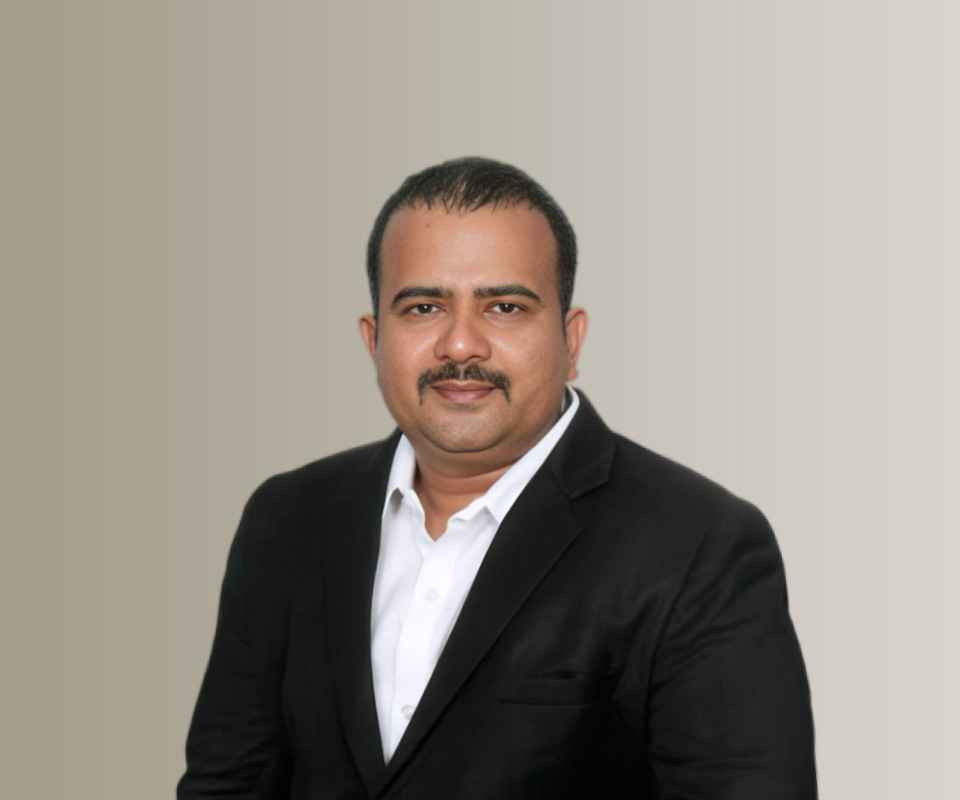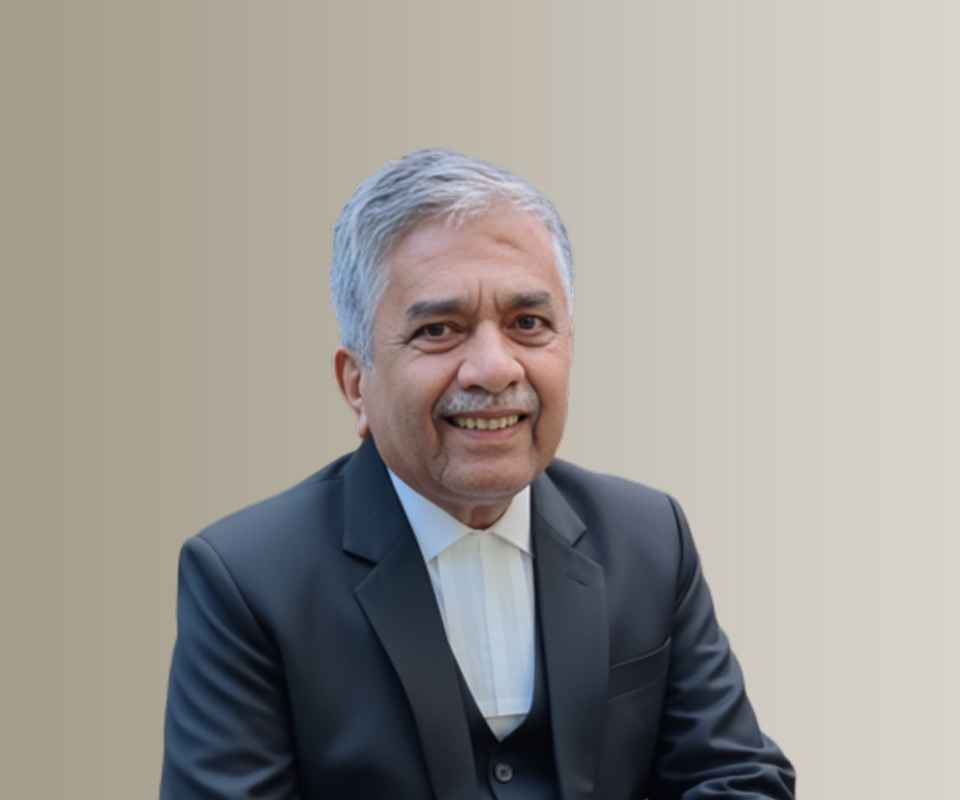Answer By law4u team
In India, parental disputes over a child’s medical treatment can arise when parents disagree about the type of treatment, whether to consent to a medical procedure, or how to proceed with urgent medical care. Such disputes can have serious implications for the child’s well-being, and the law provides mechanisms to address these conflicts, focusing on the best interests of the child. Below is an outline of how the law handles these situations.
1. Best Interests of the Child: Guiding Principle
The best interests of the child is the primary legal principle guiding decisions about medical treatment in India. This principle stems from various legal sources, including the Indian Constitution, the Juvenile Justice (Care and Protection of Children) Act, 2015, and international agreements such as the United Nations Convention on the Rights of the Child (UNCRC), which India has ratified. Courts are likely to prioritize the health and welfare of the child over parental preferences in medical disputes.
2. Parental Rights and Medical Consent
In India, parents or legal guardians are typically required to provide consent for medical treatment on behalf of a minor child. This responsibility comes from the assumption that parents are acting in the best interest of the child. However, when there is a dispute, the law provides mechanisms to resolve the issue:
Consent to Medical Treatment
According to the Indian Contract Act, 1872, minors generally cannot enter into contracts, including contracts for medical treatment. Therefore, the parents, as legal guardians, provide consent. If one parent refuses consent, and the other parent agrees, the matter may require judicial intervention if the dispute cannot be resolved amicably.
Medical Emergencies
In emergency situations, where immediate medical intervention is required to save the child’s life, the doctors and healthcare providers can administer treatment without parental consent, as the law recognizes the urgency and prioritizes life-saving measures.
3. Judicial Intervention in Parental Disputes
If parents are in serious disagreement over a child’s medical treatment, and this disagreement may harm the child’s welfare, the family court or high courts can intervene. Courts generally follow the principle that the child’s welfare and best interests must be protected, even if it means overriding the wishes of one or both parents.
3.1 Role of Family Courts
Family courts play an important role in handling disputes over medical treatment. In case of disagreements between parents, a family court can be approached by either parent to:
- Make decisions about medical procedures.
- Order medical treatment if the child’s health is at risk.
- Appoint a guardian to take decisions about the child’s medical treatment in case of a deadlock between parents.
3.2 Role of High Courts
In more complex or urgent cases, a parent or guardian may approach the High Court for directions regarding the child’s medical treatment. High courts are equipped to make binding decisions, especially if there is a dispute that cannot be resolved locally. For example, in cases where one parent wants to refuse life-saving treatment for the child based on personal beliefs, the court may intervene to ensure that the child receives the necessary care.
Court’s Role
Courts often appoint a medical expert panel or guardian ad litem (a legal representative) to assess the child’s medical needs and make an objective recommendation based on the child’s best interests.
4. Types of Medical Disputes
Several types of medical disputes can arise between parents:
4.1 Refusal of Life-Saving Treatment
One of the most contentious issues can be the refusal of life-saving treatment by one parent, often on the grounds of religious or cultural beliefs. For example, some parents may refuse blood transfusions for their child based on religious beliefs (e.g., Jehovah's Witnesses).
Court's Decision
In such cases, the court will generally prioritize the child’s life and health over parental rights. The court may intervene and order that the treatment be administered to the child, overriding the parental refusal.
4.2 Medical Procedures with Significant Risks
Another common dispute may involve elective medical procedures that carry certain risks, such as surgeries or experimental treatments. Parents may disagree on whether the benefits outweigh the risks, particularly if the procedure is not immediately life-threatening.
Court’s Approach
Courts may seek expert medical opinions before allowing or refusing certain procedures. If the procedure is deemed necessary for the child’s well-being, the court may grant permission over parental objections.
4.3 Refusal of Consent for Preventive Care
Parents might also dispute over preventive treatments such as vaccines or routine health screenings, especially if there are concerns about potential side effects or personal beliefs.
Court’s Role
If the treatment is in line with public health recommendations (e.g., vaccinations), and the refusal could harm the child or the public, courts may intervene to ensure the child’s health and safety are not compromised.
5. Guardian’s Role in Dispute Resolution
In some cases, the court may appoint a guardian ad litem for the child to represent the child’s interests during legal proceedings. The guardian will gather all relevant information about the child's condition and make decisions based on the best interests of the child.
Independent Medical Evaluation
Courts may direct an independent medical evaluation to ensure that the child’s treatment is in line with medical standards and is necessary for their well-being.
6. The Role of Medical Professionals
Medical professionals have a duty to act in the best interests of the child when providing treatment, especially in life-threatening situations. Doctors are expected to:
- Provide necessary treatment in emergencies, even without parental consent.
- Document disagreements between parents regarding medical treatment.
- Seek court intervention if treatment cannot proceed due to parental conflict.
7. The Right to Life and Health Under the Constitution
The Right to Life and Personal Liberty under Article 21 of the Indian Constitution has been interpreted to include the right to health and the right to receive medical care. If parental disputes over medical treatment affect the child’s fundamental rights, the court will typically prioritize the child's right to life and ensure that medical care is provided.
Example:
Case of Religious Dispute Over Medical Treatment
In a high-profile case, a child suffering from leukemia needed a blood transfusion, but one of the parents, citing religious beliefs, refused to consent. The other parent sought judicial intervention. The court, after considering medical expert opinions, ruled that the best interests of the child—which included saving the child's life—should take precedence, overriding the parental objection. The court ordered that the necessary medical treatment be provided.
Case of Preventive Vaccination Dispute
A parent refused to consent to their child receiving routine vaccinations, arguing concerns about vaccine safety. The other parent sought court intervention, and the court, after reviewing medical evidence and public health recommendations, ruled in favor of the child receiving the vaccinations. The court emphasized that preventive healthcare was essential for the child’s well-being and public health.
Conclusion
In India, when parental disputes arise over a child’s medical treatment, the law intervenes by prioritizing the best interests of the child. Parents generally have the right to consent to medical treatment on behalf of their child, but this right is subject to judicial oversight if there is a conflict that may harm the child. Courts, including family courts and high courts, can intervene to ensure that the child receives necessary medical care, even if one or both parents object. The child’s right to life and health is paramount, and the law provides for expert medical opinions and guardians to help resolve disputes and protect the child's welfare.







